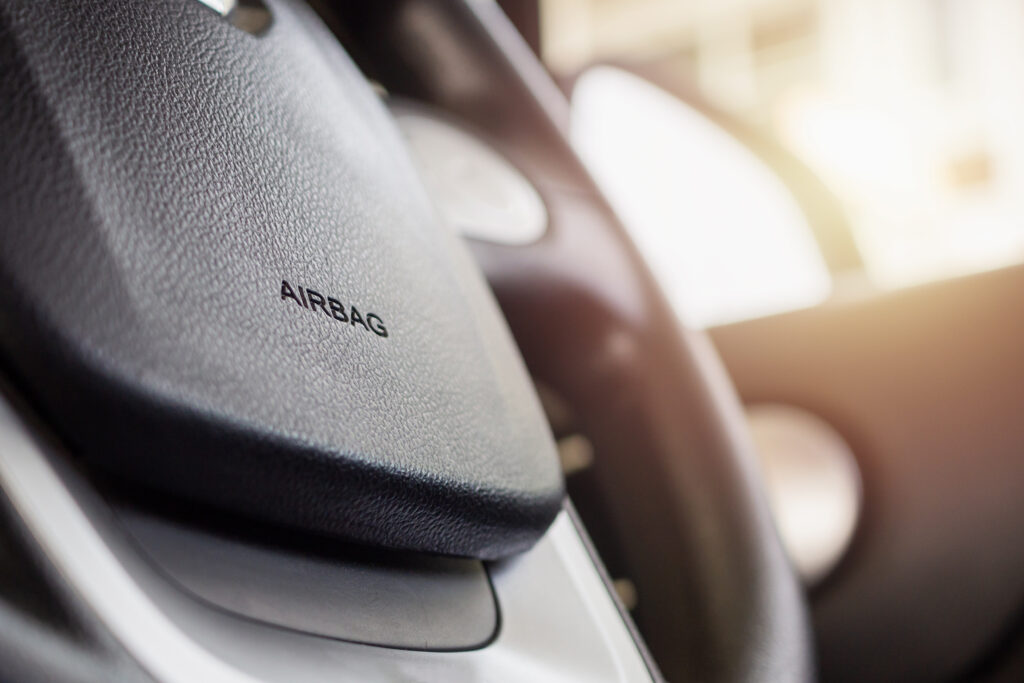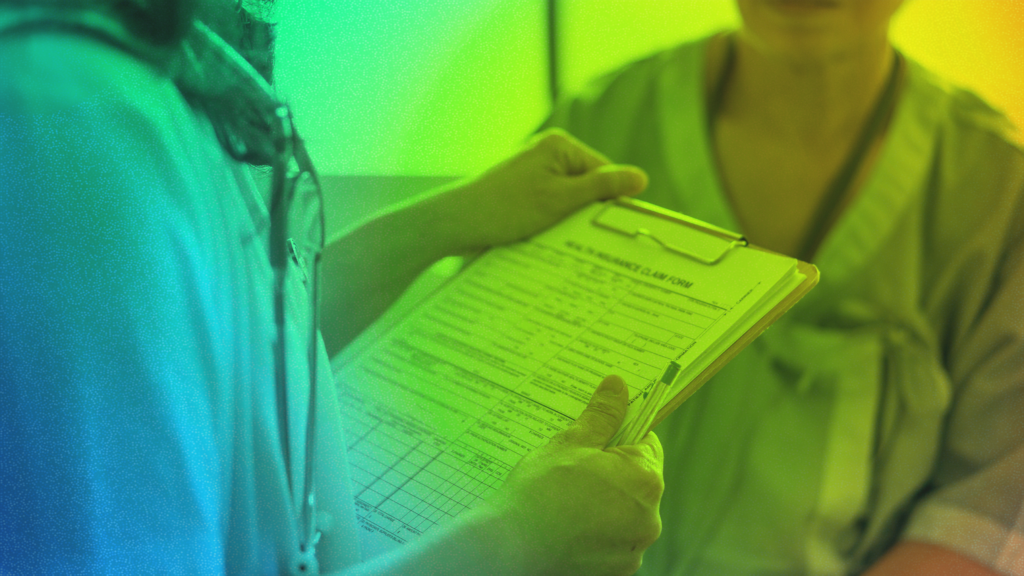Product Liability Attorneys
Defective products pose a serious danger to consumers, and they cause millions of injuries and deaths every year. In 2017 alone, the Consumer Product Safety Commission estimated that there were nearly 13.7 million product-related injuries that resulted in visits to the emergency room. Of these, about 1.5 million resulted in deaths.
Home » Product Liability Attorneys
If you’ve been injured by a dangerous product, you’re looking for relief.
When you’ve been injured by a dangerous product, financial hardship is the last thing you need. The product-maker caused your injury – not you. When we purchase products, we expect them to work. We don’t expect them to hurt us, but faulty products can and do cause harm.
If you’ve been injured by a dangerous product, you’re looking for relief. In addition to recovering from your injury, you need to pay medical expenses, recover lost wages, and seek justice for the terrible pain you’re experiencing.
At Farah & Farah, we can help you obtain the financial support you deserve through a product liability claim or lawsuit. It’s not right for you to face financial hardship when a dangerous product caused your injury. Our attorneys can help you get compensation, so you can continue your recovery without struggling to pay your bills.
What Is Product Liability?
Product liability refers to an area of the law concerning the tangible products we use every day. In Florida and Georgia, as well as across the rest of the country, we expect that everyday products should be safe for the user. The purpose of product liability law is to make sure the responsible parties bear the costs of defective products, not the victims.
The problem with a defective product could be a manufacturing defect, a design defect, or a failure to warn of a risk. A manufacturing defect can occur in the manufacturing process and usually involves shoddy workmanship. A design defect means the product is dangerous or useless. A failure to warn means that there was a responsibility on the part of the manufacturer or other party to warn of possible risks associated with using the product and that responsibility wasn’t met.
The victim must prove the product is defective. The manufacturer, designer or retailer can all be held liable under different actions – negligence, breach of warranty, and strict liability.
What To Expect From Our Attorneys During Your Product Liability Case
At Farah & Farah, our attorneys defective product can answer your questions, investigate your case, and help you obtain the relief you’re looking for. You deserve respect – and you deserve to be heard!
Around here, legal services are just the tip of the iceberg. When you or someone you love has been injured by a dangerous product in Florida or Georgia, we do everything we can to help you, including:
- Helping you find the right doctor to treat your injuries and perform a medical assessment
- Investigating the product, the incident, and the circumstances that led to your injury
- Negotiating your hospital bills, so you take home more money when we secure your victory
- Completing all necessary paperwork from insurance companies and hospitals, so you don’t have to deal with it
- Paying your medical expenses and recovering lost wages through your recovery or verdict
- Fighting for the highest possible payout, so you get the financial support you need to get your life back on track
Why Is It Beneficial To Hire a Product Liability Lawyer?
If you have been harmed by a defective product, the legal experts at Farah & Farah will provide the comprehensive support you need to seek compensation for your personal injury. When a product is defective due to design flaws, manufacturing mistakes, or incorrect or inadequate labeling, instructions, or warnings, you may be entitled to hold the manufacturer responsible for medical costs and other damages.
With an extensive background in product liability lawsuits, our team will guide you through the legal process toward the best possible outcome for your case. Farah & Farah has the right resources to take your lawsuit to trial and fight for the justice you deserve – and you pay no fees unless we win. By partnering with a dedicated legal team that has broad experience in defective product lawsuits, you gain a higher likelihood of success in the courtroom and can earn a larger recovery because of the tools we use to fight for you.
MISTAKES MADE BY THE MANUFACTURER AND DISTRIBUTOR OF A DEFECTIVE PRODUCT MAY HAVE HARMED YOU AND YOUR FAMILY IN IRREPARABLE WAYS.
Types of Defective Products
If a product doesn’t function the way it’s designed to or is otherwise flawed but does not cause physical injury to someone, it’s not considered defective. These products are usually covered by a warranty or a product recall with either the manufacturer or the seller. Defective products are only those that cause actual harm to users.
There are three primary types of defects found in defective products:
- Design flaws
- Manufacturing mistakes
- Incorrect or inadequate labeling, instructions, or warnings
The injured party may prove that a product is defective from any of three types of defects: design defects, manufacturing defects, and “failure to warn” defects. Even if the product may be safely used in some applications, but hazardous if used in another manner, the product still needs to be clearly marked so there is no mistaking the potential for danger.
Design Flaws
A design flaw in a defective product occurs in the conceptual design of that product. The flaw originates before the product has even been produced and can render the product unsafe, inefficient, or otherwise unable to perform its intended purpose.
Design flaws can include oversights, errors, lack of adequate testing, failure to consider how a customer might use the product, and neglect of safety standards. They’re intrinsic to the product’s design and would therefore affect every single product of that design produced. A design flaw can range from a minor inconvenience to a serious safety hazard that could harm an unsuspecting consumer.
Manufacturing Mistakes
A manufacturing mistake occurs during the production of the defective product. The design might be fine, but due to an issue that occured during its manufacture, the product ultimately doesn’t meet quality standards, safety requirements, or design expectations.
An error in manufacturing could be due to a problem with a machine producing it, an issue with the materials used to make the product, or human error. Quality control checks and testing should prevent products with such mistakes from being sold to consumers, but inadequate testing or a quality control failure could allow a defective product out into the market.
Failure To Warn
Product liability law recognizes that the manufacturer has a duty to warn the user of a defective product and the hazards they present to the user. The duty to warn is required when the manufacturer knew or should have known there was a risk of injury. If the manufacturer did not understand there was a foreseeable danger, there is no duty to warn.
If the warning is missing, the product is defective and a failure to warn has occurred.
Who Is the FDA?
The Food and Drug Administration (FDA) is a federal agency within the U.S. Department of Health and Human Services and is one of the government’s executive departments. It monitors a wide variety of products, ranging from medicines and medical devices to food and other products, such as Roundup or talcum powder. With so many different consumer products to monitor and approve, as well as millions of reports on products that are already on the market, the FDA has a lot to keep track of. For new products, the FDA has to rely on the information and results of tests and clinical trials provided by the company applying for approval.
What Is the FDA’s Approval Process?
Before the FDA approves any product, food, drug, or medical device, it requires the applicant company to thoroughly test its product and provide the results to the FDA. The process differs depending on the type of product, but the company must prove that the benefits of the drug or device outweigh the potential side-effects and that it is safe for consumers. Once a company has completed its testing and clinical trials, it has to submit all evidence and results to the FDA for approval before it’s allowed to market the product.
Every type of product, including medical devices and pharmaceutical drugs, that the FDA monitors has a fast-track approval process available to companies. This accelerated evaluation process can be beneficial in that life-saving medical treatments can reach patients faster, but it also means that there’s less time for thoroughly evaluating products and medicines. If there’s a need for a particular medical device or drug to treat a life-threatening condition, that device or drug could be sped through the evaluation process and approved despite the existence of potentially harmful side-effects.
Conflicts of Interest Between FDA, Manufacturers, and Research Scientists
Companies can put pressure on the FDA to approve their products because they donate money to fund the FDA’s research. In addition, companies can influence the doctors who participate in the evaluation and approval process by “donating money” to them in order to try to smooth over or speed up the outcome. So much of the FDA’s funding comes from pharmaceutical companies (up to 75% for some divisions of the FDA), so the FDA’s ability to act as a regulator is affected.
What if I’ve Been Injured by a Defective Product?
Mistakes made by the manufacturer and distributor of a defective product may have harmed you and your family in irreparable ways. Injuries and deaths due to defective products can take a heavy toll on quality of life and on family finances due to lost wages, medical bills, and pain and suffering. Seek the compensation and justice you deserve. Let one of Farah & Farah’s experienced attorneys represent you and take on the company that harmed you or a loved one. Contact us now for a free consultation about your case. You pay nothing unless your case is successful.

free case review
Related Pages
Client Testimonials

Related Blogs













